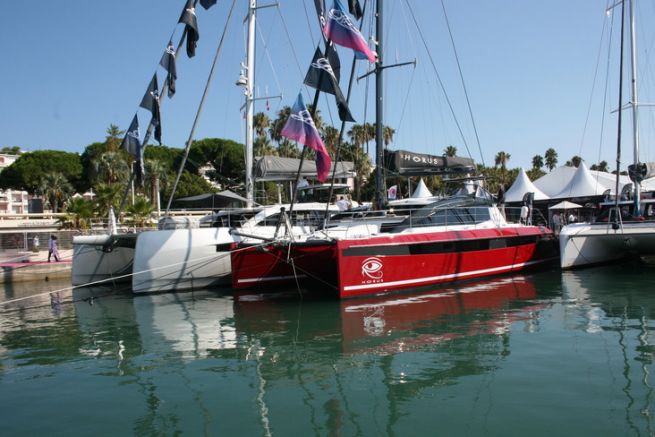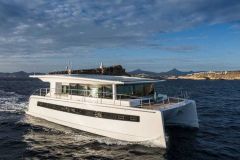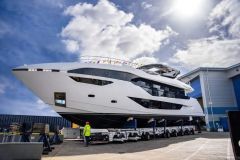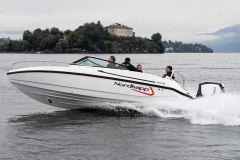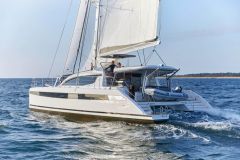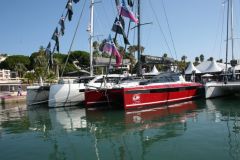Privilege Marine regains its independence
A French pioneer in the construction of catamarans, with an eventful history, the Privilege Marine shipyard had been bought by the German group Hanse Yachts in 2019. The latter has announced the start of negotiations with the current CEO of Privilège Marine, Gilles Wagner, and a group of private investors, for the resale of the company based in Vendée. Still subject to conditions precedent and consultation with various organizations, the transaction could be completed in the summer of 2022 to be effective after the first autumn shows.
Privilège Marine employs 250 people and has a historically high order book of 57.4 million euros and a renewed range with the arrival of the Signature 650 and Signature 750 catamarans.
The amount under discussion is announced as "symbolic" in the press release and the amount will not be disclosed, as well as the details of the co-investors with Gilles Wagner, who had become ultra-minority following the dilution of his shares. He is expected to take over the majority, alongside entrepreneurs who own Privilege Marine sailboats. "What is important is that they are private investors and not investment funds" underlines the CEO of Privilege Marine candidate to the repurchase.

Synergies are not there
The merger between the German manufacturer of sailing and motor monohulls and the multihull specialist was made with the hope of industrial synergies. Not satisfactory enough for both parties, they decided to separate. It should also be noted that a change in the management of the Hanse group has taken place in the meantime.
For Gilles Wagner, both companies will gain. "It's a common desire to change the way we work. The expected synergies were not there. We succeeded on some points, but not everywhere. We don't work the same way to make 200 boats or a few dozen. Everyone will be able to refocus on their fundamentals and put their energy back into their brands, which are all doing well in a dynamic sector," he explains.
